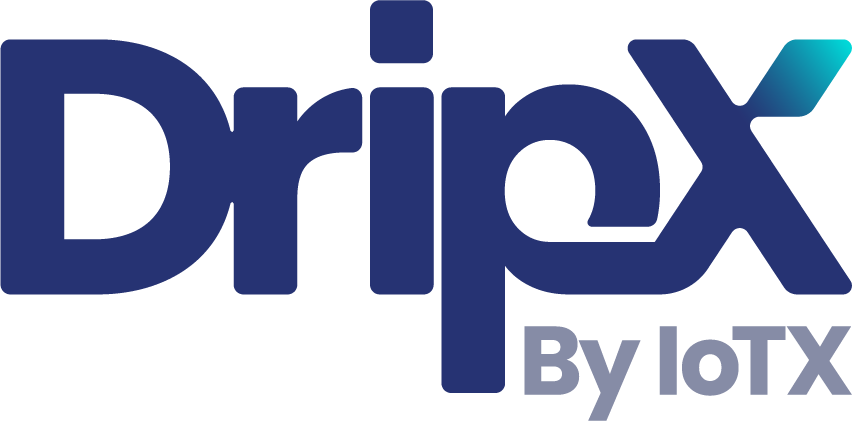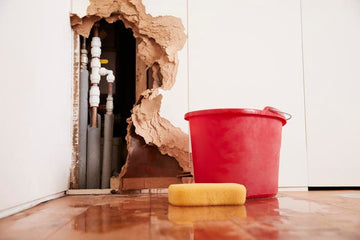The advent of smart technology has revolutionized numerous industries, adding layers of efficiency and automation that were previously unimaginable. For those involved in Quality Assurance (QA), particularly within industrial settings, the introduction of the IFTTT compatible water sensor has been nothing short of transformative. These sensors don't just keep places dry; they integrate seamlessly with other technologies, enhancing productivity, preventing damages, and ensuring safety.

Understanding the Basics: What is an IFTTT Compatible Water Sensor?
An IFTTT compatible water sensor is a sophisticated device designed to detect the presence of water and initiate a pre-defined action through the IFTTT ('If This, Then That') platform. Essentially, these sensors can communicate with various other smart devices and applications to perform tasks automatically, thereby streamlining operations in an industrial environment. Whether it's alerting the maintenance team or shutting off a valve, the capabilities of these sensors make them indispensable in modern industry.
How It Integrates with Industry QA Practices
Water sensors have always been integral to quality assurance, primarily serving as a fail-safe against leaks and water damage. However, with IFTTT compatibility, these sensors elevate their functionality, allowing seamless interaction with existing QA systems. For example, if a water sensor integrated with IFTTT detects moisture, it can automatically log this data into a central system, alert relevant personnel, and trigger a series of corrective measuresall without human intervention. This integration not only minimizes risks but also enhances the precision and timeliness of QA processes.
The Role of Automation in Ensuring Quality
In an era where efficiency and accuracy are paramount, automation plays a pivotal role. By using IFTTT compatible water sensors, industries can automate repetitive tasks, reduce human error, and focus on improving overall product quality. Moreover, the data collected through these sensors can be analyzed to identify patterns, ultimately contributing to predictive maintenance strategies.
Related Technologies Worth Considering
While IFTTT compatible water sensors are highly beneficial, they are most effective when used in conjunction with other smart technologies. For instance, integrating these sensors with an Z-Wave water sensor can create a robust system for leak detection and prevention. Additionally, leveraging AI-driven solutions (as discussed in AI in Water Management) can propel industry QA practices to new heights.
Benefits of Using IFTTT Compatible Water Sensors in Industries
The advantages of deploying IFTTT compatible water sensors extend beyond simple leak detection. With the ability to communicate across different systems, these sensors can help conserve water, automatically adjust humidity levels, and even optimize energy consumption. Moreover, by ensuring that water-related challenges are promptly addressed, industries can significantly cut down on potential revenue losses associated with water damage.
Case Studies: Success Stories
Several industries have successfully incorporated IFTTT compatible water sensors into their QA processes. A notable example is the manufacturing sector, where the integration with smart systems has led to a noticeable reduction in water wastage and downtime. Moreover, by embedding these sensors into existing systems, companies have reported improved compliance with environmental regulations.
Exploring Future Trends in Water Sensor Technology
As technology continues to evolve, the future of IFTTT compatible water sensors looks promising. With advancements in IoT and cloud computing, more industries are expected to adopt these sensors, making them central to smart factories of tomorrow. Additionally, improvements in sensor accuracy and connectivity will further solidify their role in industry QA.
Conclusion
For industries focused on enhancing their QA processes, IFTTT compatible water sensors offer a blend of innovation and practicality. They not only serve as a safeguard against water-related issues but also contribute to a more sustainable and automated operational model. As more industries embrace smart technology, these water sensors will play an integral role in shaping efficient and resilient industrial environments.

Frequently Asked Questions
What industries benefit most from IFTTT compatible water sensors?
While any industry can benefit from these sensors, they are particularly advantageous in sectors like manufacturing, pharmaceuticals, and food processing, where water management is critical.
Can these sensors be integrated with existing systems?
Yes, IFTTT compatible water sensors are designed to integrate seamlessly with various existing systems, enhancing their functionality.
Are IFTTT water sensors cost-effective?
Although there's an initial investment, the long-term benefits, such as reduced water damage and maintenance costs, make them a cost-effective solution for industries.






